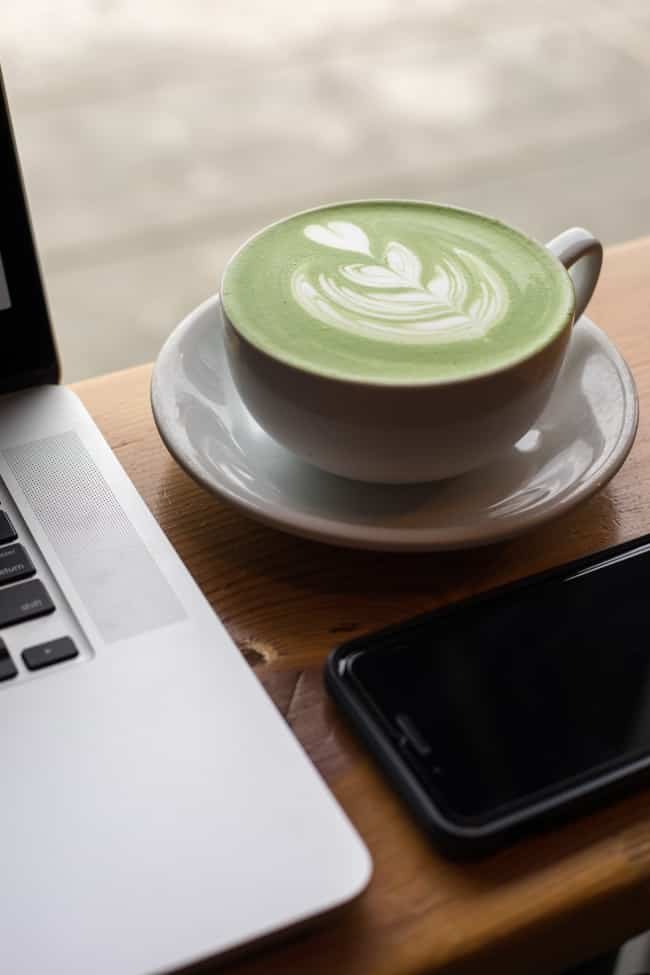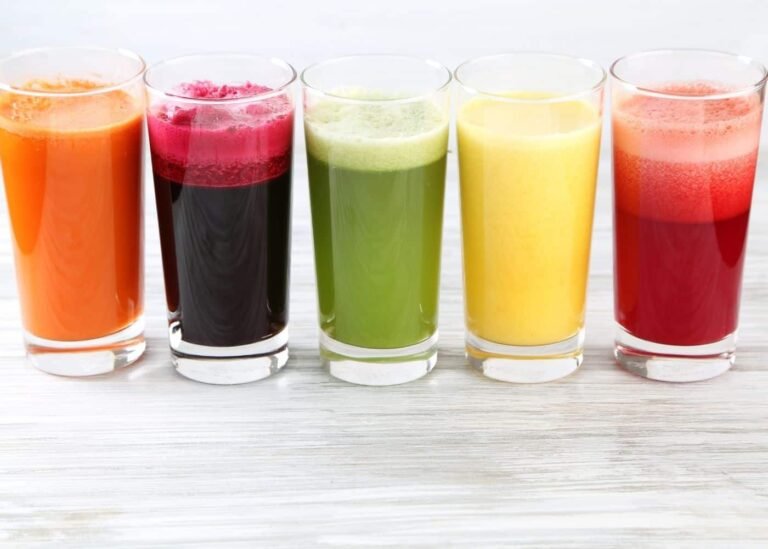What Helped My Anxiety During Perimenopause
In our modern world, anxiety has become a prevalent concern, affecting individuals across various stages of life. For women entering the perimenopausal phase, anxiety can manifest as a result of hormonal fluctuations, presenting a unique set of challenges. Fortunately, there are natural supplements and remedies that can offer relief and support during this transitional period. In this comprehensive guide, we explore science-backed supplements that may help alleviate feelings of anxiety in menopausal and perimenopausal women.
Understanding Anxiety and Menopause:
Anxiety is a common experience characterized by feelings of worry, apprehension, and fearfulness. While occasional anxious feelings are natural responses to overwhelming or uncertain situations, persistent anxiety that interferes with daily life may indicate an anxiety disorder, such as Generalized Anxiety Disorder (GAD). In women approaching menopause, hormonal changes, particularly fluctuations in estrogen levels, can contribute to heightened feelings of anxiety.
Natural Supplements for Menopausal Anxiety:
5-HTP:
5-HTP, or L-5-hydroxytryptophan, is a nutritional supplement that converts into serotonin in the body. Serotonin plays a crucial role in mood regulation, digestion, and sleep. Individuals with anxiety or depression may have lower levels of serotonin, making 5-HTP supplementation beneficial for promoting feelings of happiness and reducing anxiousness.
St. John’s Wort:
St. John’s Wort is an ancient herbal remedy known for its antidepressant and anxiolytic properties. Its active compounds, hypericin and hyperforin, function similarly to selective serotonin reuptake inhibitors (SSRIs) by increasing serotonin levels in the brain. Research suggests that St. John’s Wort can effectively alleviate anxiety symptoms during menopause.
Valerian Root:
Valerian root is a herbal supplement commonly used to treat insomnia and relieve tension and anxiety. Its active component, valerenic acid, modulates GABA-A receptors, promoting relaxation and mood regulation. Valerian root has been shown to improve anxiety symptoms, particularly when taken before bedtime.
Passion Flower:
Passion flower, known for its colorful blooms, has been used since the 16th century as a mild sedative to treat sleeplessness and anxiety. While its exact mechanism of action is not fully understood, passion flower has demonstrated efficacy in reducing anxious feelings and promoting relaxation.
Kava Kava:
Kava kava is a traditional plant remedy for anxiety, pain, and spasms. Its active compounds, kawain and dihydrokawain, enhance GABA-A receptors’ effectiveness, leading to reduced anxiety without inducing drowsiness. Kava kava has shown promise in alleviating anxiety symptoms in perimenopausal women.
Ashwagandha:
Ashwagandha is an adaptogenic herb known for its stress-relieving properties. By interacting with the hypothalamus-pituitary-adrenal axis, ashwagandha helps reduce cortisol levels, thus mitigating the body’s stress response. Limited studies have shown ashwagandha’s effectiveness in reducing anxiety and stress during menopause.
Black Cohosh:
Black cohosh is a herbal remedy traditionally used for women’s health issues, including menopausal symptoms like hot flashes, mood swings, and anxiety. While personal experiences vary, black cohosh has garnered positive feedback for its ability to alleviate menopausal anxiety.
Bonus Recommendations:
In addition to the aforementioned supplements, magnesium and probiotics are essential considerations for managing anxiety during menopause. Magnesium deficiency is associated with heightened anxiety levels, making supplementation beneficial for overall well-being. Probiotics, by supporting gut health, can indirectly influence mental health, potentially reducing anxiety symptoms.
Conclusion:
Menopause marks a significant transition in a woman’s life, accompanied by various physical and emotional changes, including heightened anxiety. While pharmaceutical interventions are available, many women prefer natural alternatives to manage their symptoms. By incorporating science-backed supplements and lifestyle modifications, women can effectively alleviate menopausal anxiety and improve their overall quality of life.
FAQ:
1.Are these supplements safe to take during menopause?
While natural supplements generally have fewer side effects than pharmaceuticals, it’s crucial to consult with a healthcare provider before initiating any new supplement regimen, especially if you’re pregnant, breastfeeding, or taking prescription medications.
2.Can these supplements interact with hormonal birth control?
Some supplements, like St. John’s Wort, may reduce the effectiveness of hormonal birth control methods. It’s essential to discuss potential interactions with your healthcare provider to ensure contraceptive efficacy.
3.How long does it take to notice improvements in anxiety symptoms?
Individual responses to supplements vary, but noticeable improvements in anxiety symptoms may occur within a few weeks of consistent supplementation. However, results may vary based on factors such as dosage, frequency, and overall health status.






